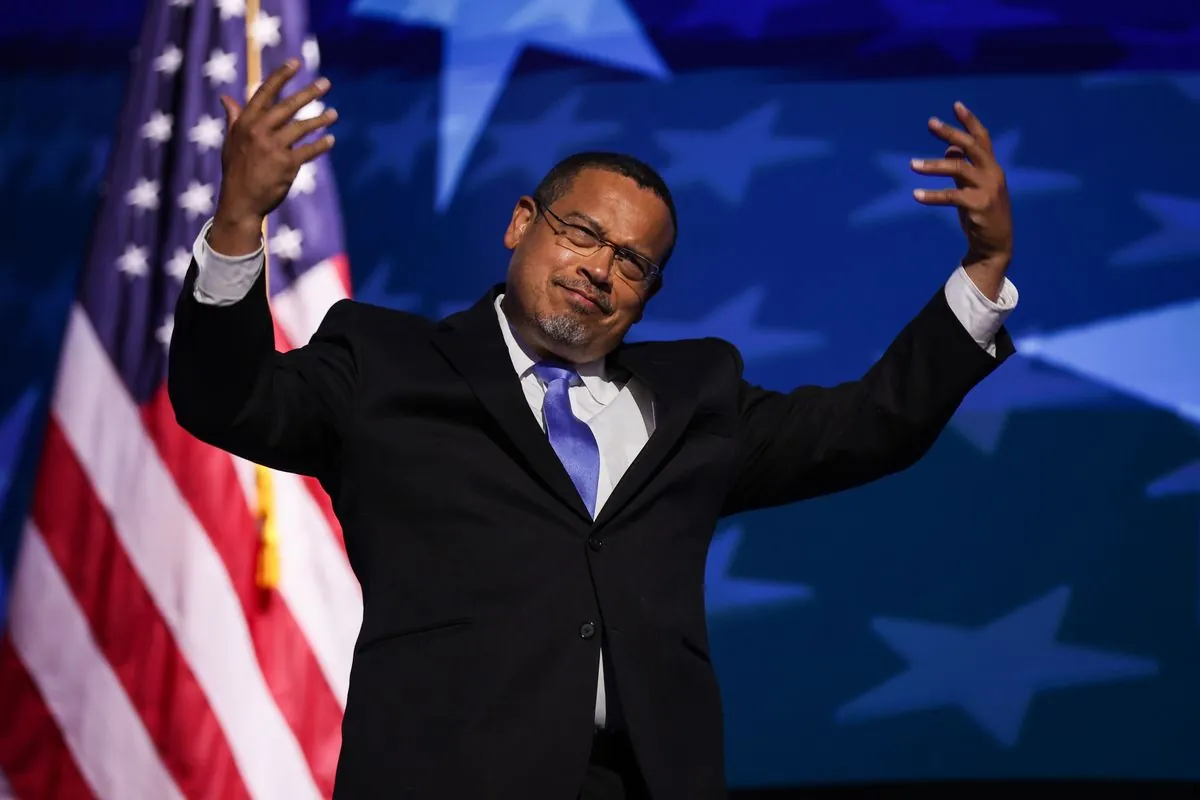SpaceX Warns Staff Against Brazil Travel Amid X Ban Controversy
SpaceX advises employees to avoid Brazil as tensions escalate between Elon Musk and Brazilian officials over X platform ban. Conflict centers on alleged far-Right content and free speech concerns.

In a recent development, Elon Musk's space exploration company, SpaceX, has cautioned its employees against traveling to Brazil for work or leisure. This advisory comes amid an intensifying dispute between Musk and Brazilian authorities following a ban on his social media platform, X (formerly Twitter), in the country.
According to reports, SpaceX President Gwynne Shotwell communicated this guidance to staff via email last week. The company is also reportedly working to relocate non-Brazilian employees out of the country. This move highlights the growing tensions between Musk and Brazilian officials, particularly concerning alleged far-Right content on X.

Brazil, the largest nation in South America with a population exceeding 213 million, was X's sixth-largest market before the ban, boasting approximately 20 million active users. The country's Supreme Court recently imposed a ban on the service, making Brazil the first major democracy to take such action against the platform.
The conflict stems from an ongoing investigation led by Supreme Court Justice Alexandre de Moraes into far-Right content on X, including alleged hate speech and anti-democratic misinformation. This investigation has been a point of contention between Musk and Brazilian authorities for months.
"Free speech is the bedrock of democracy and an unelected pseudo-judge in Brazil is destroying it for political purposes."
Musk's criticism of the ban reflects the broader debate surrounding free speech and content moderation on social media platforms. It's worth noting that Brazil's Constitution of 1988 guarantees freedom of expression as a fundamental right, adding complexity to the current situation.
The controversy has also drawn attention to the global challenges faced by social media companies in balancing free speech with content regulation. Other platforms, such as Telegram, are facing similar scrutiny in different countries.
This situation underscores the intricate relationship between technology companies and national governments, particularly in matters of free speech and content moderation. As the world's fourth-largest democracy and Latin America's largest economy, Brazil's actions in this dispute could have far-reaching implications for the future of social media regulation globally.


































